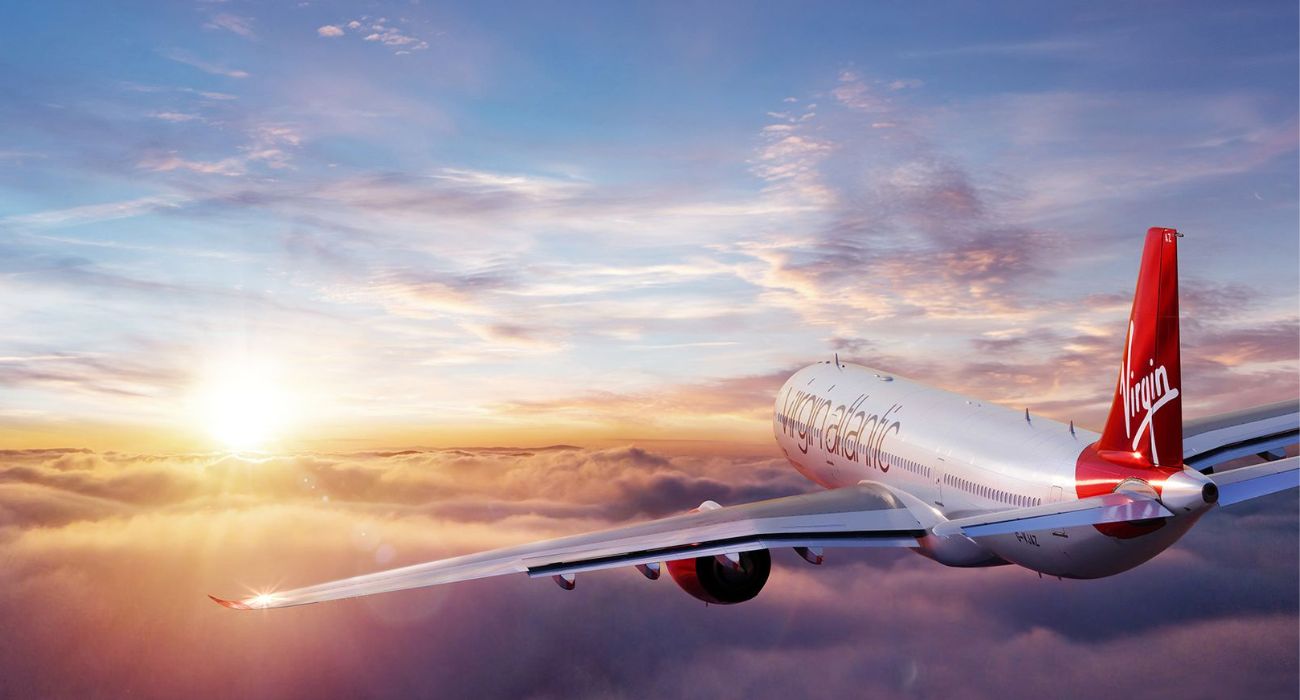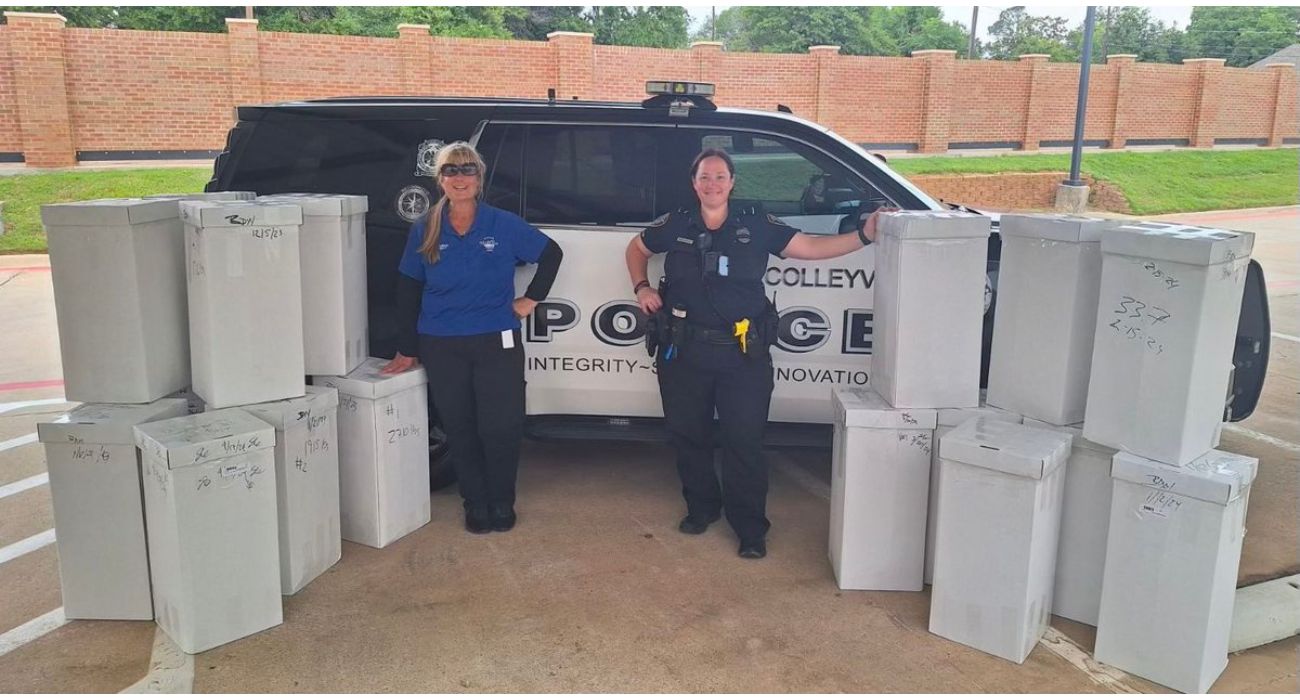The world’s first jet plane powered entirely by biofuel took to the skies this week, flying more than 3,400 miles from London to New York City.
Virgin Atlantic announced earlier this week that one of its commercial Boeing 787 aircraft, dubbed Flight 100, would depart from London’s Heathrow Airport later using “100% Sustainable Aviation Fuel” (SAF). The project was the result of the airline’s collaboration with the United Kingdom Department for Transport, Boeing, Imperial College London, the University of Sheffield, ICF, and the Rocky Mountain Institute, according to a company press release.
SAF is a new type of fuel composed of 88% hydroprocessed esters and fatty acids (HEFA), made from waste fat products, and 12% synthetic aromatic kerosene (SAK), which is derived from plant sugars. SAK provides an aromatic component needed for jet engine functionality.
The flight demonstrated the possibility of “decarbonization” in aviation. This new type of fuel allegedly performs the same as fossil fuels while producing up to 70% less carbon dioxide, the press release claims.
“While other technologies such as electric and hydrogen remain decades away, SAF can be used now,” the press release states. “Today, SAF represents less than 0.1% of global jet fuel volumes, and fuel standards allow for just a 50% SAF blend in commercial jet engines.”
Shai Weiss, CEO of Virgin Atlantic, said that while this new fuel represents a viable option for the future of aviation, it requires the cooperation of governments.
“Flight 100 proves that Sustainable Aviation Fuel can be used as a safe, drop-in replacement for fossil-derived jet fuel, and it’s the only viable solution for decarbonizing long-haul aviation,” said Weiss. “It’s taken radical collaboration to get here, and we’re proud to have reached this important milestone, but we need to push further. There is simply not enough SAF, and it’s clear that in order to reach production at scale, we need to see significantly more investment.”
“As part of our agency-wide goal to reach net-zero emissions by 2050, the Port Authority strongly encourages and supports efforts by our airport stakeholders to reduce their carbon footprint and to reduce greenhouse gas emissions,” said Rick Cotton, executive director of the Port Authority of New York and New Jersey. “We are thrilled to welcome the first transatlantic flight using 100% sustainable aviation fuel into John F. Kennedy International Airport and hope that the success of Virgin Atlantic’s flight to New York will inspire the entire airport community to move forward with aggressive sustainability efforts.”
Virgin Atlantic’s founder, Richard Branson, was one of the passengers aboard the historic flight.
“The world will always assume something can’t be done until you do it. The spirit of innovation is getting out there and trying to prove that we can do things better for everyone’s benefit,” he said.
Closer to home, several local communities are also supporting the push for biofuels. Multiple cities in North Texas have joined a new initiative urging citizens to donate their used cooking grease from the winter holiday period so that it can be recycled into biofuels, as previously reported by The Dallas Express.






